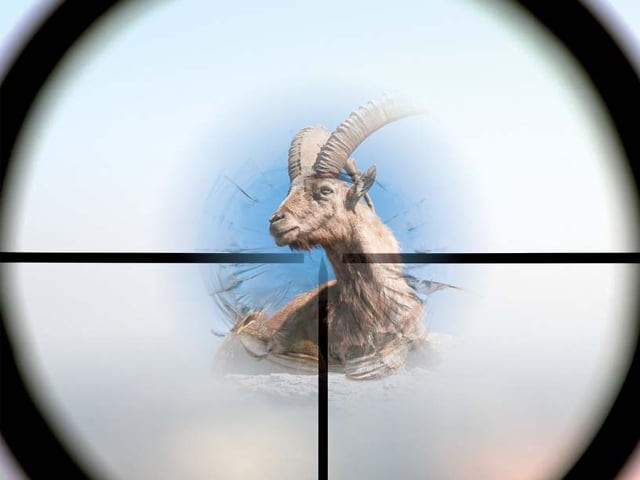Saving species: FATA Secretariat launches wildlife protection programme
Training imparted to teachers promising to share knowledge with others.

Training imparted to teachers promising to share knowledge with others.
The Federally Administered Tribal Areas (Fata) Secretariat has launched a four-year wildlife protection programme aimed at protecting unique birds, rare species and trees across the seven agencies and six frontier regions. The programme started this year and will continue till 2016 at a cost of Rs151 million.
FATA Secretariat’s wildlife department is struggling to protect these birds whose future generations are being pushed towards extinction. Under the programme, the secretariat is making efforts to create awareness among teachers, students, elders and religious leaders about their protection and restricting hunting. The wildlife department is also tasked with protecting dry and semi-dry forests in Fata.
According to the wildlife department, the population of species, including snow leopard, Sulemani Markhor, leopard cat, Kabul Markhor, rabbits and other precious eagles is decreasing.

A wildlife official said the programme’s implementation started from Khyber Agency where students and teachers of 15 schools were told to refrain from hunting these species. The focus is to protect the newborn. The trained teachers also paid a visit to where these birds are caged.
Sardar Hameed, a teacher from Khyber Agency, said training sessions were useful and they were imparted keeping in mind scientific and domestic needs. “We were shown the Markhor that exists in Chitral and Tirah,” he added, vowing to start the awareness drive from home and then at school.
Khyber-Pakhtunkhwa (K-P) Governor Shaukatullah Khan has also issued two statements saying legal action will be taken against those found guilty of violating wildlife rules and regulations.
Sub-divisional forest officer for Khyber Agency, Hayat Ali Khan, said teachers who were provided training promised to share their knowledge with the people. Wildlife committees have also been formed in consultation with the tribal elders, he added. “Though the wildlife act does not extend to the region, we will legislate at the local level with the help of these committees for fixing responsibility on violators.”

Gulzar Khan, a teacher in Lovy Shalman area of Jamrud, said he saw a person selling endangered birds in large numbers last year, but added he will meet the locals and discuss ways of protecting the species.
Four peasantries in Orakzai, Bajaur, South Waziristan and Mohmand agencies will also be established for animal protection, Gulzar added.
Published in The Express Tribune, June 21st, 2013.













COMMENTS
Comments are moderated and generally will be posted if they are on-topic and not abusive.
For more information, please see our Comments FAQ